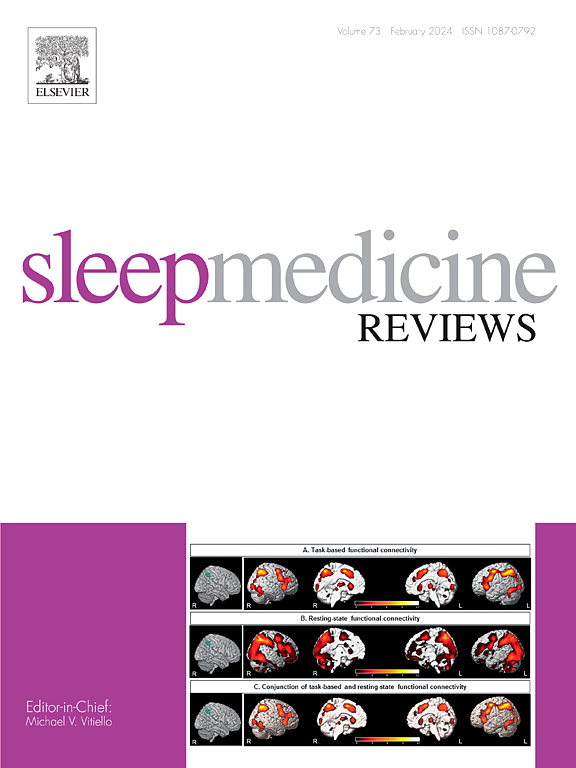复杂的夜间行为——与专家证据和法庭责任有关的问题
IF 9.7
1区 医学
Q1 CLINICAL NEUROLOGY
引用次数: 0
摘要
睡眠期间的运动行为有几个可能的原因。在这篇综述文章中,我们讨论了慢波睡眠异睡眠和夜间分离的典型特征,以说明评估复杂睡眠行为的困难。这两类疾病特别说明了与刑事责任和社会控制措施有关的问题。其中一个担忧是,睡眠医学专家可能会认为慢波睡眠异常“在法律上不属于精神失常”,这可能违反了司法管辖区的相关法律。相比之下,夜间分离行为显然涉及精神健康问题。当导致复杂夜间行为的紊乱导致对他人造成持续伤害的风险时,就会对刑事司法系统产生影响。这意味着精神错乱判决或同等判决可能是适当的,以确保监督和限制,以保护公众。讨论了处置的备选办法,以及对专家证人的影响。本文章由计算机程序翻译,如有差异,请以英文原文为准。
Complex nocturnal behaviour – issues with expert evidence and the duty to the court
Motor behaviour during the sleep period has several possible causes. In this review paper, we discuss the typical features of slow wave sleep parasomnias and nocturnal dissociation to illustrate the difficulties when evaluating complex sleep behaviours. These two categories of disorders illustrate issues around criminal responsibility and social control measures, in particular. One such concern is that slow wave sleep parasomnias may be considered ‘not legally insane’ by medical sleep experts which may be contrary to the relevant law in the jurisdiction. Nocturnal dissociative behaviour, by contrast, clearly involves mental health issues. There are implications for the criminal justice system when the disorders that cause complex nocturnal behaviour entail a continuing risk of harm to others. This means that the insanity verdict or equivalent may be appropriate to ensure supervision and restrictions to protect the public. The options for disposal are discussed, alongside the implications for expert witnesses.
求助全文
通过发布文献求助,成功后即可免费获取论文全文。
去求助
来源期刊

Sleep Medicine Reviews
医学-临床神经学
CiteScore
20.10
自引率
3.80%
发文量
107
期刊介绍:
Sleep Medicine Reviews offers global coverage of sleep disorders, exploring their origins, diagnosis, treatment, and implications for related conditions at both individual and public health levels.
Articles comprehensively review clinical information from peer-reviewed journals across various disciplines in sleep medicine, encompassing pulmonology, psychiatry, psychology, physiology, otolaryngology, pediatrics, geriatrics, cardiology, dentistry, nursing, neurology, and general medicine.
The journal features narrative reviews, systematic reviews, and editorials addressing areas of controversy, debate, and future research within the field.
 求助内容:
求助内容: 应助结果提醒方式:
应助结果提醒方式:


